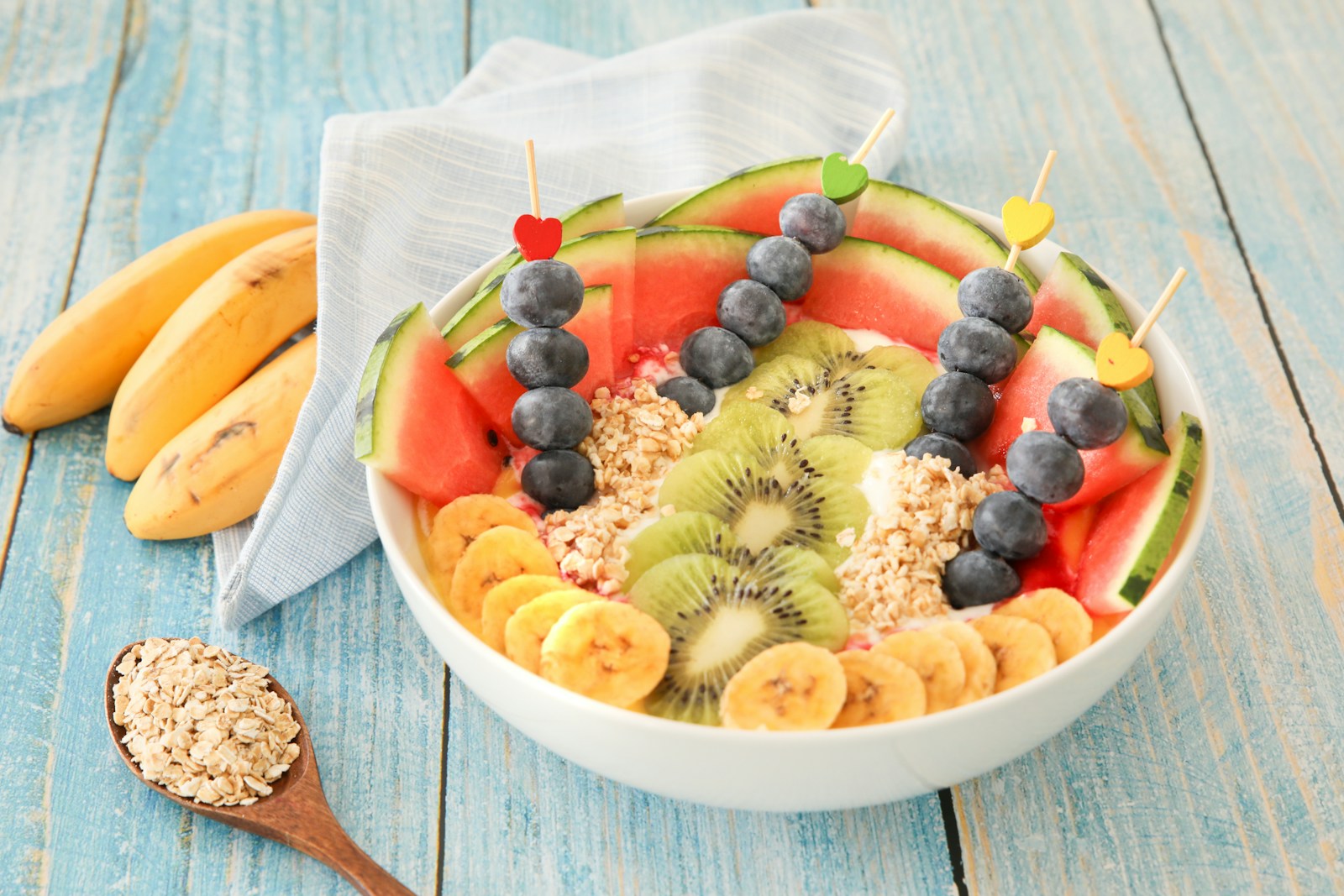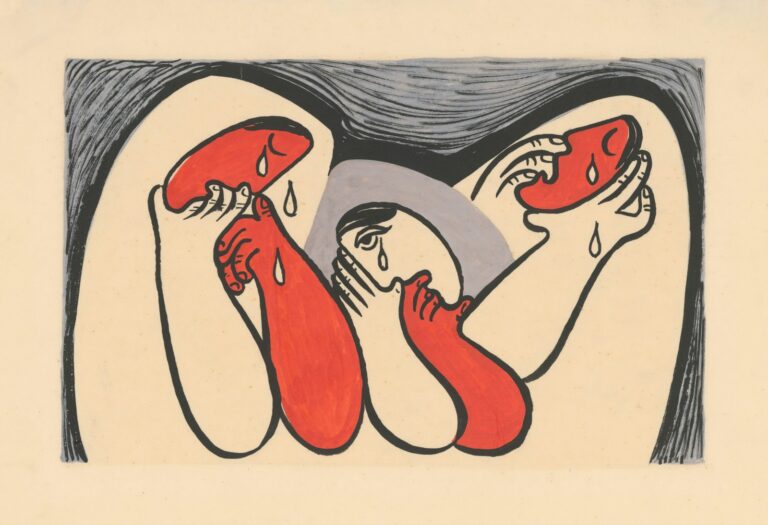When it comes to protecting your heart, diet plays one of the biggest roles. What you eat every day can either support healthy cholesterol levels or push them in the wrong direction. The good news? Certain foods have been proven to help lower LDL (“bad” cholesterol) and improve HDL (“good” cholesterol), giving your body the tools it needs to maintain balance and reduce the risk of heart disease.
In this guide, we’ll explore 10 delicious, science-backed foods that can help you lower cholesterol naturally. Many of these foods are easy to add into your daily meals, and they come with other benefits like reducing inflammation and supporting weight management. For more lifestyle tips, check out our Cholesterol Control hub or explore related advice in Blood Pressure Management.
1. Oats and Whole Grains
Oats are rich in soluble fiber, which helps absorb cholesterol in your digestive tract and prevents it from entering your bloodstream. Eating just 3 grams of soluble fiber daily can lower LDL levels by up to 10%.
Try starting your morning with a bowl of oatmeal, adding oat bran to smoothies, or switching to whole-grain bread and pasta to increase your fiber intake.
2. Beans and Legumes
Beans, lentils, and chickpeas are nutritional powerhouses packed with soluble fiber and plant-based protein. They digest slowly, keeping you full longer while also helping lower LDL cholesterol.
Aim to include beans in salads, soups, or even homemade spreads. Replacing red meat with legumes just a few times per week can significantly improve cholesterol levels.
3. Fatty Fish
Salmon, mackerel, sardines, and tuna are excellent sources of omega-3 fatty acids. While omega-3s don’t directly lower LDL, they improve heart health by reducing triglycerides, lowering blood pressure, and preventing plaque buildup.
The American Heart Association recommends at least two servings of fatty fish per week. If fresh fish isn’t an option, consider high-quality fish oil supplements from our All Products section.
4. Nuts and Seeds
Almonds, walnuts, chia seeds, and flaxseeds provide heart-healthy fats, fiber, and plant sterols that reduce LDL cholesterol. Studies show that eating just a handful of nuts daily can improve cholesterol levels while supporting overall heart health.
Snack on unsalted nuts, sprinkle seeds on salads, or blend them into smoothies for an easy cholesterol-friendly boost.
5. Olive Oil
A staple of the Mediterranean diet, olive oil is rich in monounsaturated fats that help lower LDL and raise HDL cholesterol. Replacing butter, margarine, or processed oils with extra virgin olive oil is a simple but effective step toward healthier cholesterol.
Use olive oil for cooking, salad dressings, or as a dip for whole-grain bread.
6. Fruits Rich in Pectin
Apples, grapes, strawberries, and citrus fruits are high in pectin, a type of soluble fiber that reduces LDL cholesterol. Eating fruit daily also provides antioxidants that fight inflammation and protect your arteries from damage.
Try adding fresh fruit to breakfast bowls, salads, or as an afternoon snack instead of processed sweets.
7. Avocados
Avocados are loaded with monounsaturated fats, potassium, and fiber — a perfect combination for lowering LDL cholesterol while raising HDL. Research shows that eating one avocado per day can significantly improve cholesterol profiles in overweight adults.
Spread avocado on whole-grain toast, add slices to sandwiches, or mash it into guacamole with fresh veggies.
8. Vegetables, Especially Leafy Greens
Spinach, kale, and collard greens are high in carotenoids and other antioxidants that help reduce cholesterol absorption. Vegetables are also low in calories and packed with fiber, making them essential for both weight management and heart health.
Try blending spinach into smoothies, adding kale to soups, or roasting a medley of colorful veggies for dinner.
9. Soy Products
Soy protein, found in foods like tofu, edamame, and soy milk, has been shown to modestly lower LDL cholesterol. While the effect is not huge on its own, including soy as part of a balanced diet contributes to overall heart health.
Swap out animal protein for tofu stir-fry or add edamame as a side dish for a cholesterol-friendly meal.
10. Dark Chocolate (in Moderation)
Believe it or not, dark chocolate with at least 70% cocoa can improve heart health when eaten in moderation. It contains flavonoids that reduce blood pressure and support HDL cholesterol. The key is portion control — enjoy one small square, not the whole bar.
Bonus: Green Tea
Green tea contains catechins, powerful antioxidants that may help lower LDL cholesterol and improve artery function. Replace sugary drinks with a cup of green tea to support both cholesterol and overall wellness.
Putting It All Together
Lowering cholesterol naturally doesn’t mean giving up flavor or variety. By adding more of these foods into your daily routine — while cutting back on processed, high-fat, and high-sodium items — you’ll not only improve your cholesterol but also protect your heart for the long term.
For more heart-smart meal ideas, explore our Nutrition & Wellness section or browse heart-healthy products in our All Products page.





